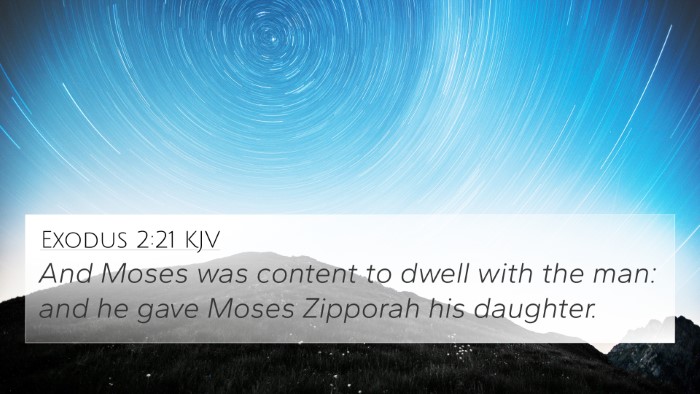Understanding 1 Timothy 6:6
1 Timothy 6:6 states: "But godliness with contentment is great gain."
This verse encapsulates key themes in the Christian faith, particularly the relationship between godliness and contentment. The combination of these two virtues is presented as a source of true wealth. Below, we summarize insights from notable public domain commentaries.
Meaning of Godliness and Contentment
Godliness represents a life that reflects the character and actions of God, encompassing reverence, devotion, and moral integrity. According to Matthew Henry's Commentary, godliness involves living in accordance with God's will and commandments.
Contentment refers to an attitude of satisfaction with what one has, rather than longing for more. Adam Clarke emphasizes that true contentment comes from a deep-seated faith and trust in God’s provision, which leads to a peacefully accepting one's circumstances.
The Great Gain
Henry remarks that the "great gain" mentioned in the verse is not about worldly wealth but the spiritual wealth that comes from embracing both godliness and contentment. This gain is foundational for a fruitful Christian life and leads to both peace and joy.
Albert Barnes expands on this by highlighting that earthly riches can fade, but the treasures gained through a godly life are eternal and invaluable. The steady pursuit of godliness, according to Barnes, fosters a sense of fulfillment that money and possessions cannot provide.
Bible Cross-References
To deepen our understanding of 1 Timothy 6:6, here are some relevant cross-references:
- Philippians 4:11-12: Paul writes about being content in every situation.
- Hebrews 13:5: "Be content with what you have," emphasizing God's faithfulness.
- 1 Timothy 6:7: "For we brought nothing into the world, and we cannot take anything out of the world," underscoring the temporary nature of material possessions.
- Matthew 6:19-21: Jesus teaches about storing treasures in heaven rather than on earth.
- Proverbs 15:16: "Better is a little with the fear of the Lord than great treasure with trouble," associating divine reverence with true wealth.
- 2 Corinthians 9:8: God's grace provides all we need, linking trust in Him with sufficiency.
- Colossians 3:2: "Set your minds on things that are above," directing focus away from earthly desires.
Applications and Insights
This verse serves as a reminder for Christians to prioritize spiritual wealth over material success. It challenges believers to seek godliness and cultivate contentment, suggesting that these twin pursuits render greater rewards than earthly gain.
According to Adam Clarke, this balance of godliness and contentment results in a life of gratitude and peace. Clarke notes that those who truly understand this principle find greater joy in simple blessings and experience liberation from the anxieties of life.
Thematic Connections
The intersection of godliness and contentment in 1 Timothy 6:6 aligns with a broader biblical theme where many scriptures address similar insights. Understanding these connections can enhance one's grasp of the profound messages in the Bible.
Many Bible verses that relate to each other echo the sentiment of finding satisfaction and purpose beyond material wealth, encouraging a deepened spiritual journey.
Tools for Further Study
For those looking to explore the themes of this verse more thoroughly, consider utilizing various tools for Bible cross-referencing, including a Bible concordance or a cross-reference Bible study guide. These resources provide systematic approaches to studying scripture's interconnectedness, allowing deeper insights and comparative analyses.
Conclusion
1 Timothy 6:6 succinctly embodies a powerful principle in the Christian faith: the enduring value of godliness combined with contentment. Engaging with this verse leads to introspection regarding one’s spiritual priorities and fosters an appreciation for the abundance that a faithful life can produce.
By understanding the connections between this verse and others in scripture, believers can cultivate a holistic view of their faith that encompasses both the spiritual and the practical applications of living out godly contentment.




















